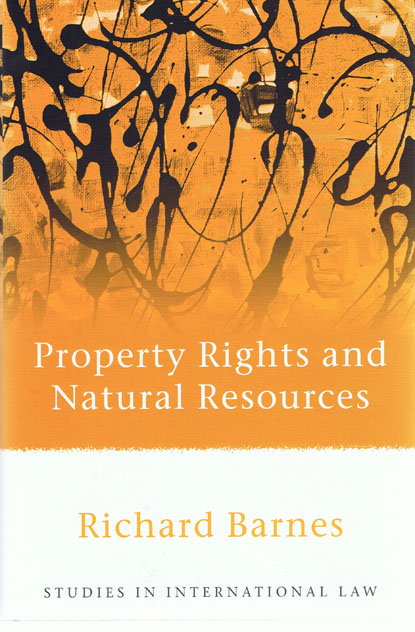
The use of private property rights to regulate common pool natural resources is a controversial topic, which must address two critical issues: the allocation of wealth in society and proper conservation and management of limited resources. Given the privatisation of many natural resources within the confines of States, the most significant common pool natural resources are those located in international areas, such as the high seas and the atmosphere.
This book explores the extension of private property rights and market mechanisms to the regulation of resources in these areas. Looking at developments in off-shore fisheries and mineral exploitation (with references to other areas such as forestry and pollution quotas, where appropriate), the book considers the legal ramifications of current moves towards the privatisation of common pool natural resources. It is sceptical about this process and, in particular, questions whether private property is the most effective and socially responsive arrangement for the regulation of certain natural resources. It then suggests that other property regimes, such as stewardship (which is strongly advocated), provide alternative and workable templates for resource regulation, precisely because they are more responsive to the broader needs of the society whose interest the property system is designed to fulfil.
Taking account of legal and philosophical developments in property theory, as well as the impact that property justifications have on the regulation of natural resources, the author is able to show that the economics literature is flawed. The author also assesses the impact of international law on the use of property rights - a much neglected topic - showing how, because many natural resources straddle international boundaries, jurisdictional and international law issues must be taken into account if they are to be regulated.